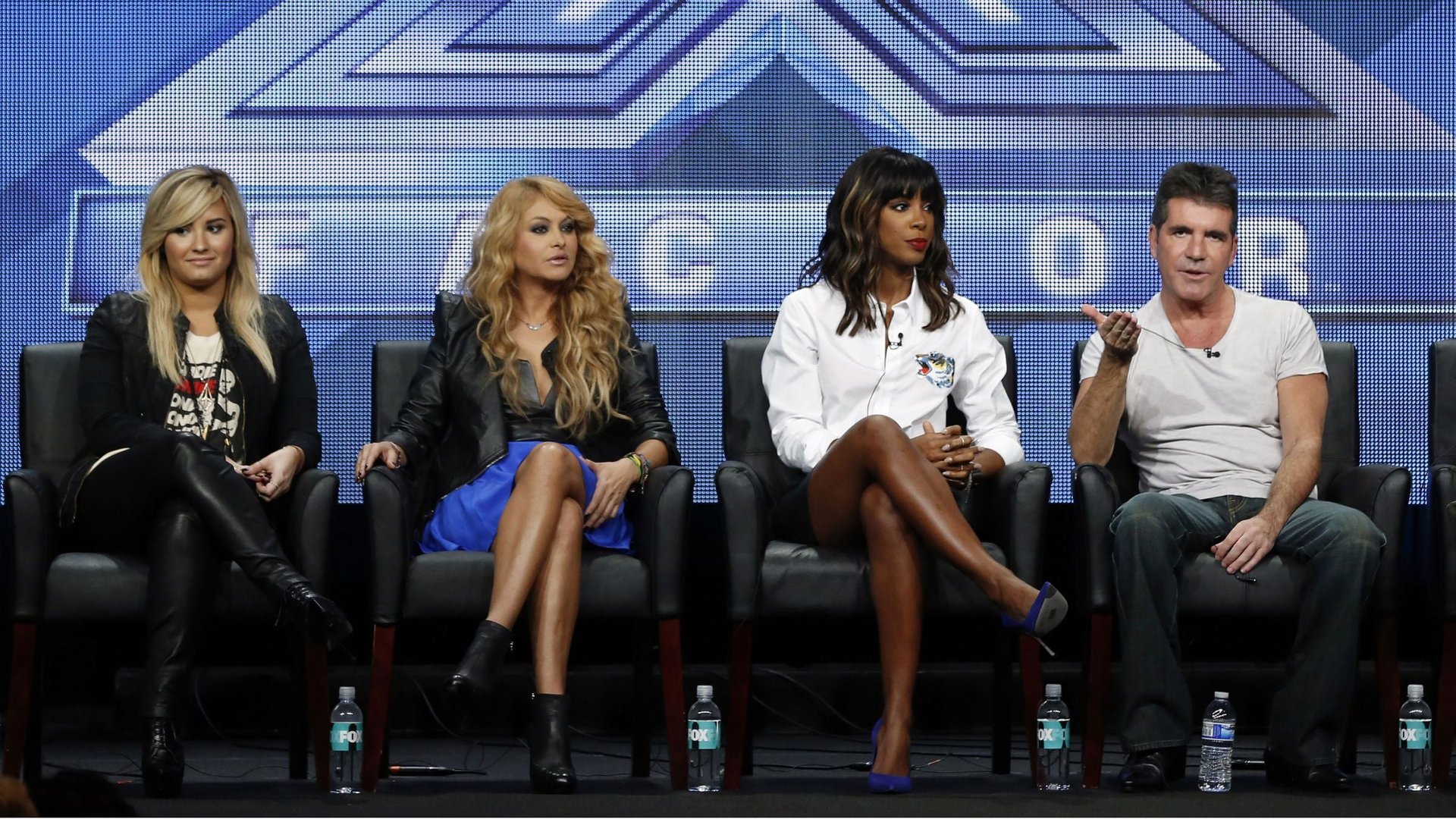American singing competitions are hoping Israel can save them
Twelve years after American Idol stormed onto the scene and turned TV singing competitions into ratings gold, the genre has gone off-key in the US. While The Voice continues to thrive, The X Factor was canceled after three sputtering seasons and once-mighty Idol is hemorrhaging so many viewers that FOX has announced plans to reformat the show next season and scale back the number of hours it airs.


Twelve years after American Idol stormed onto the scene and turned TV singing competitions into ratings gold, the genre has gone off-key in the US. While The Voice continues to thrive, The X Factor was canceled after three sputtering seasons and once-mighty Idol is hemorrhaging so many viewers that FOX has announced plans to reformat the show next season and scale back the number of hours it airs.
Now, ABC is hoping that a hit series from Israel will resuscitate the flatlining genre in America. Debuting June 22, Rising Star—based on the Israeli hit Kochav Nolad (A Star is Born)—will allow audience members to vote in real-time, via the show’s app, whether the contestant gets to advance. If 70% of voters give the performer a thumbs-up as they sing, the interactive wall (featuring the avatars of those who voted “yes”) between the performance and the audience will rise, and they advance to the next round.
Speaking to reporters at the Television Critics Association’s winter press tour in January, ABC Entertainment Group President Paul Lee called Rising Star “the next generation of reality shows,” adding, “It’s almost like a modern Colosseum. I mean, people are literally voting up or down. … And it really has been a big hit over there. We think it will be a star maker over here.”
Easier said than done. After all, TV success in one country does not always translate to another. For every American Idol—based on the British series Pop Idol—there is an X Factor, which couldn’t replicate the UK original’s success here. (Rising Star has also been sold to France, Germany, Italy and Russia.)
For starters, ABC has the tricky dilemma of airing a show that promises instant results to several different time zones, which is not an issue for Kochav Nolad in Israel. ABC will broadcast the show live in three time zones (Eastern, Central and Mountain), while Pacific viewers on the West Coast will watch a taped version with “live cut-ins” that will reflect their time zone’s voting results. While Pacific audiences can vote, those results will only be counted if they push a borderline contestant over the 70% threshold. But don’t hold your breath: the chances of that happening, the show’s producers admit, are statistically “very small.”
Meanwhile, the show’s much-heralded interactivity could turn out to be an albatross. While 30% of Israeli viewers vote, many US competition shows—notably, Idol and Dancing with the Stars—have been plagued with technical snafus during their runs which have impacted—and sometimes invalidated—voting. And how many viewers will be voting yes not because they actually like the singer but for opportunity to see their pictures or avatars pop up on the giant wall for millions to see? (“Look Mom, I’m on TV!”)
But Rising Star’s biggest hurdle may be ABC’s own ill-fated history with the genre. Just two summers ago, the network also launched a heavily-hyped singing competition: Duets, featuring Kelly Clarkson, John Legend and Robin Thicke. Viewers stayed away in droves (4.5 million watched the finale, less than a third of the average Dancing with the Stars audience), and the show never returned.
Maybe it will shine brightly in the long run, but at least initially, the odds are against Rising Star.